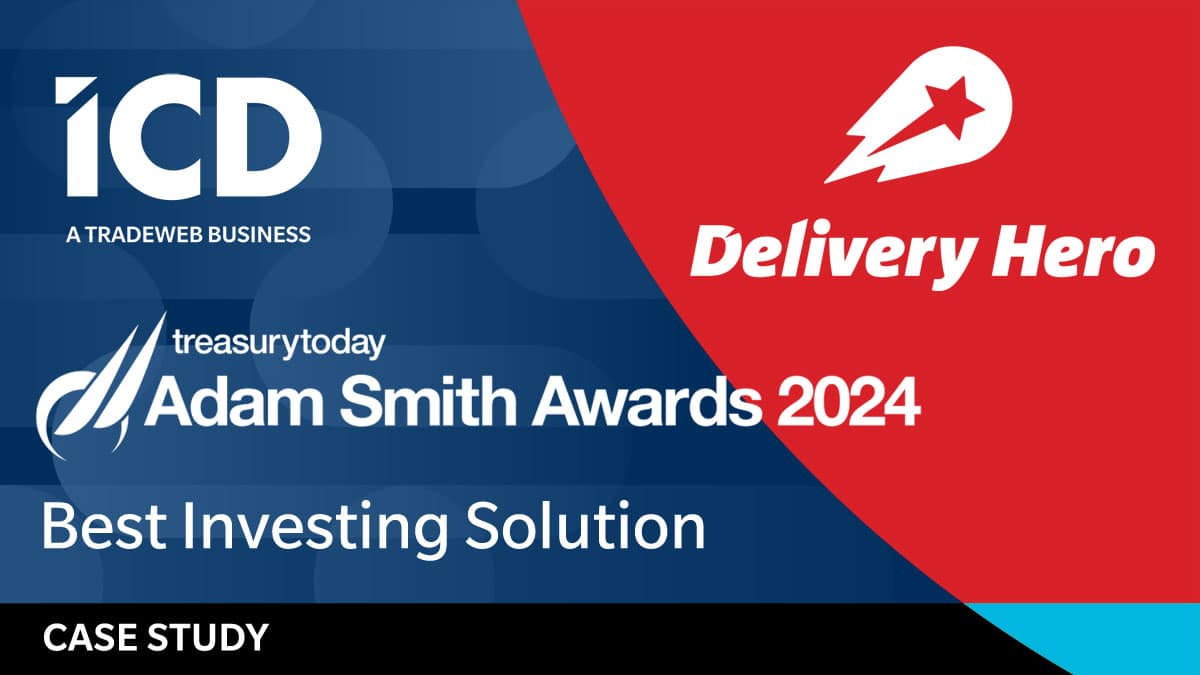Both fund ratings firm Fitch Ratings and online money fund trading portal Institutional Cash Distributors (ICD) hosted webinars on ESG, or environmental, social, governance, money funds and cash investing. The former’s event, “ESG in Money Market Funds,” featured Fitch’s Alastair Sewell and SSGA’s Will Goldthwait, while the latter’s, “ESG for Short Term Investing: What Matters Counts,” featured Justin Brimfield of ICD and Bob Smith of SAGE. The Fitch event discussed ESG Money Market Funds in detail, while the latter talked about ESG more broadly and separately managed accounts.
On the ICD call, Smith says, “Let me talk a little bit about cash management at SAGE…. First and foremost the objective of our separately managed ESG cash management strategy is to provide investors with portfolios that offer current income that is greater than money market instruments, while limiting their principle volatility and offering operating liquidity throughout all market environments. The four top priorities for our strategy are: capital preservation, daily liquidity, competitive yields and most importantly, a thorough ESG risk assessment. Our security selection process takes into consideration each company’s environmental, social and governance rated performance in conjunction with its relative credit strength, to assess its ability to demonstrate a strong alignment with responsible and sustainable business practices and policies over the near and the long term.”
He continues, “We believe our ESG research, our factor assessment and integration process are truly core value added dimensions of our overall active management activities. And, we believe that they can positively influence corporate behaviors and create long term sustainable value for our clients. We also believe that the active evaluation of ESG factors is best conducted in the context of fundamental credit and investment analysis. This is important, because they are important drivers of investment returns, from both an opportunity, and even more importantly, a risk mitigation perspective.”
On the origin of ESG, Smith says, “The term ESG was actually first coined in 2004, in the United Nations’ landmark study that was titled, ‘Who Cares, Wins,’ which was issued as part of a joint initiative with the UN and major financial institutions around the world. That report assumed, very importantly, that ESG principles have economic significance … and that they should be integrated into the capital market…. ESG investment has grown exponentially in the year since the UN study was published.”
Finally, he adds, “Many companies are feeling pressure from large institutional investors … and shareholders alike, to recognize and better manage their ESG risks and disclose those efforts in their 10-Ks and 10-Q financial reports. These risks come from a wide range of concerns from climate change to board gender composition, to workplace culture, to human rights, anti-bribery, anti-corruption efforts, date privacy, gun violence, and sadly for some the opioid crisis. And, these companies and their investors perceive these issues as reputational threats.”
Source: Crane Data



